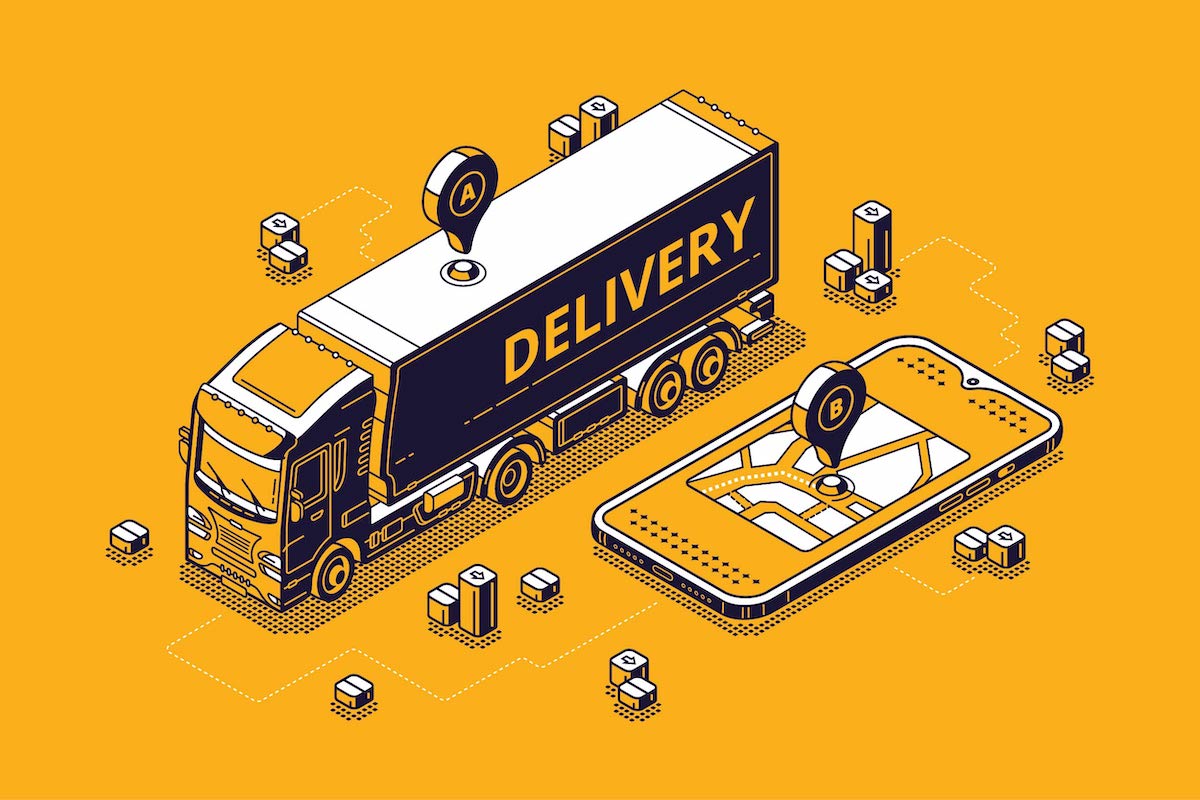
In recent years, artificial intelligence was tapped to disrupt and innovate several industries, including logistics. However, technologies alone cannot guarantee favourable outcomes. Augmented intelligence (IA), which refers to the seamless combination of AI and human judgment, has been confirmed to be successful in several use cases. This article uncovers how augmented intelligence can revolutionise logistics operations.
While artificial intelligence (AI) usually kindles a debate over whether machines could replace the labor force, augmented intelligence evokes a discussion of what can be attained when human intelligence is combined with processes enabled by AI technologies. According to Boston Consulting Group, even with AI placed at the core, it is vital to avoid a "zero-human" mindset. Indeed, the role of the labor force should be emphasised so that AI-based operations are not left unchecked.
In the world attributable to uncertainties, Augmented Intelligence (IA) can help the logistics sector in four primary ways:
Augmented real-time decision making
Logistics teams are typically assigned a wide array of complex yet repetitive tasks that involve large volumes of input data. For instance, it takes a planner at least 10 minutes typically to determine the optimal carrier selection, which refers to the process that entails going through hundreds of possible routes, schedules, and candidates. However, when AI-powered technologies assist such a process, the data analysis can be automated, and the selections are narrowed within seconds. The human operator will make the final decision and close the deal.
Predictive alerts
AI enables firms to boost the performance of logistics operations. Typically, vehicle arrival time, container repair requirements, air freight lanes data, etc. are based on past operations and expertise from logistics experts with years of industry experience. Now, AI technologies can gather relevant datasets and formulate a decision proposal, acts as suggestions to logistics planners. They will have to make the final choice whether they embrace them or modify them. DHL, for instance, developed an AI-based tool to predict air freight transit time delays. The tool analyses 58 different parameters of internal data to forecast the average transit time for a particular lane. This enables the firm to plan ahead to mitigate the problem.
Cognitive customs
Customs brokerage services assist clients with the complexities of customs regulations and border controls. These services' main problem lies in the fact that they heavily depend on complex manual processes that entail profound knowledge of regulations and industries. The process also takes considerable effort as information must be cross-referenced and verified from carrier and customer documents, government-related forms, etc. However, it is challenging for staff to ensure consistent levels of focus throughout the day, which can lead to costly mistakes. For example, IBM Watson is an AI-based customs brokerage service that is particularly developed to extract relevant information and then automate customs declaration. A human customs brokerage professional can review the declaration when the system comes across an exception case.
Cognitive contracts
Global logistics operators run large fleets of facilities networks and vehicles around the globe, which translates into a large number of contracts. Looking at Leverton, they use an AI-powered platform to simplify the processing and management of their real estate contracts. Paired with a human-in-the-loop operation, hundreds of pages of contracts written in complex legal language are thoroughly and effectively reviewed.
Overall, the advent of AI presents a transition into a whole new way of operating for the logistics industry. However, as powerful as it is, technology is just there to help. Success requires the mix of human judgment with algorithms. As Forbes puts it, "we are putting a lot of investment and machine learning to augment the human role."
Talk to our experts and discover how to leverage Augmented Intelligence!
Reference
Boston Consulting Group (2020). The Rise of the AI-powered Company in the Post-crisis World.
Forbes Insights (2018). How Artificial Intelligence and Machine Learning Are Revolutionising Logistics, Supply Chain and Transportation.






























